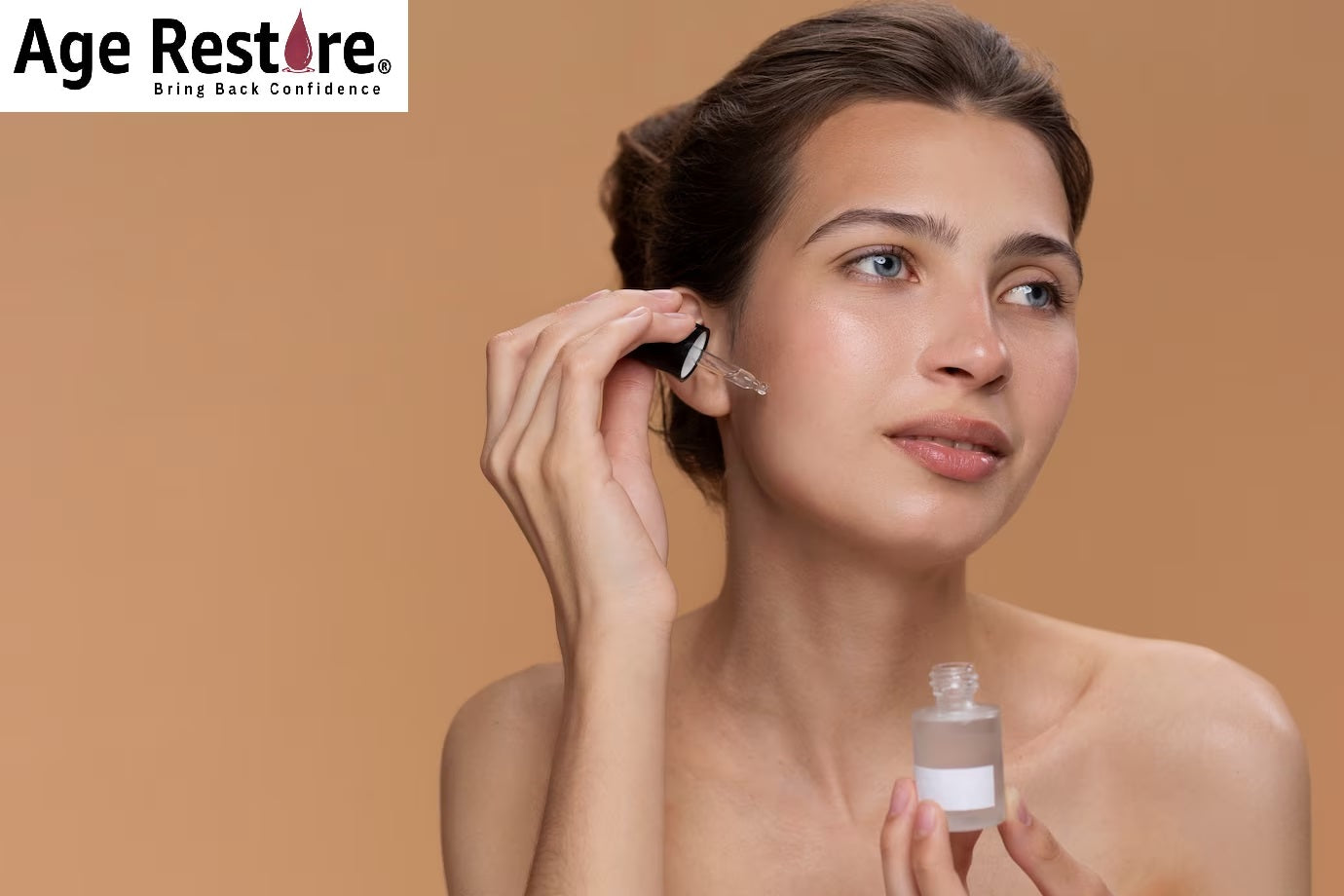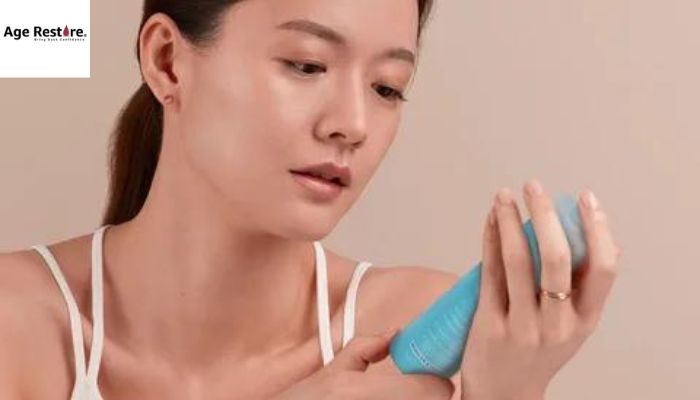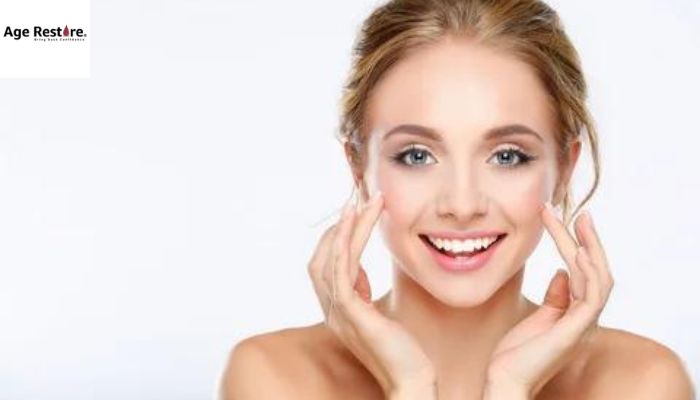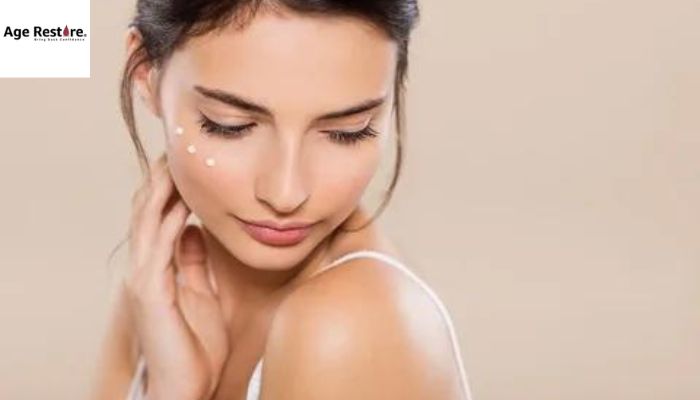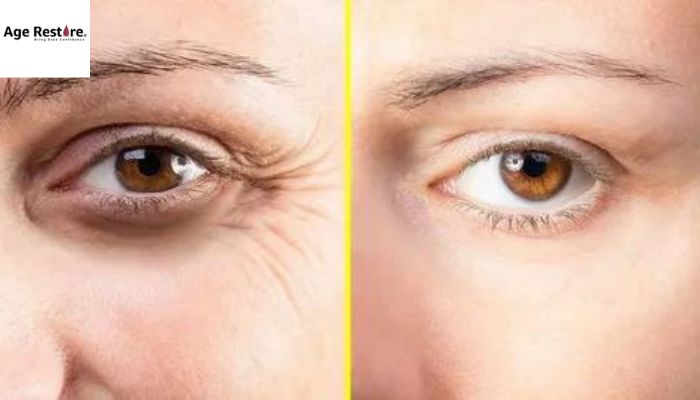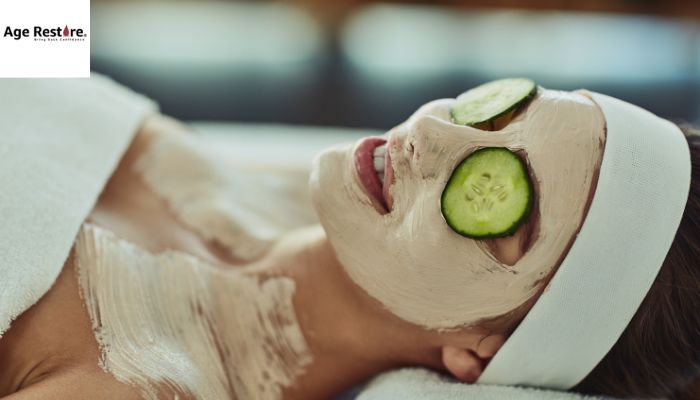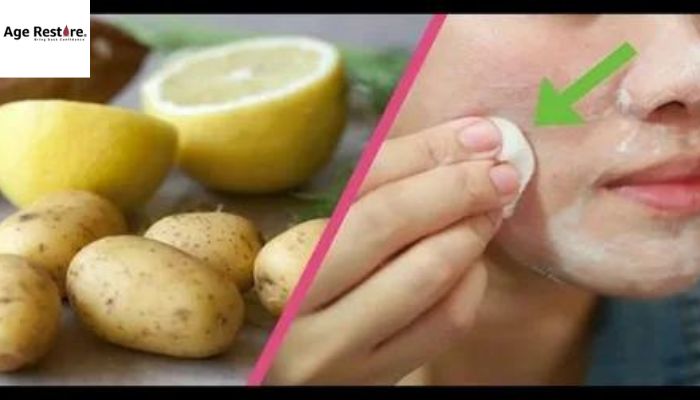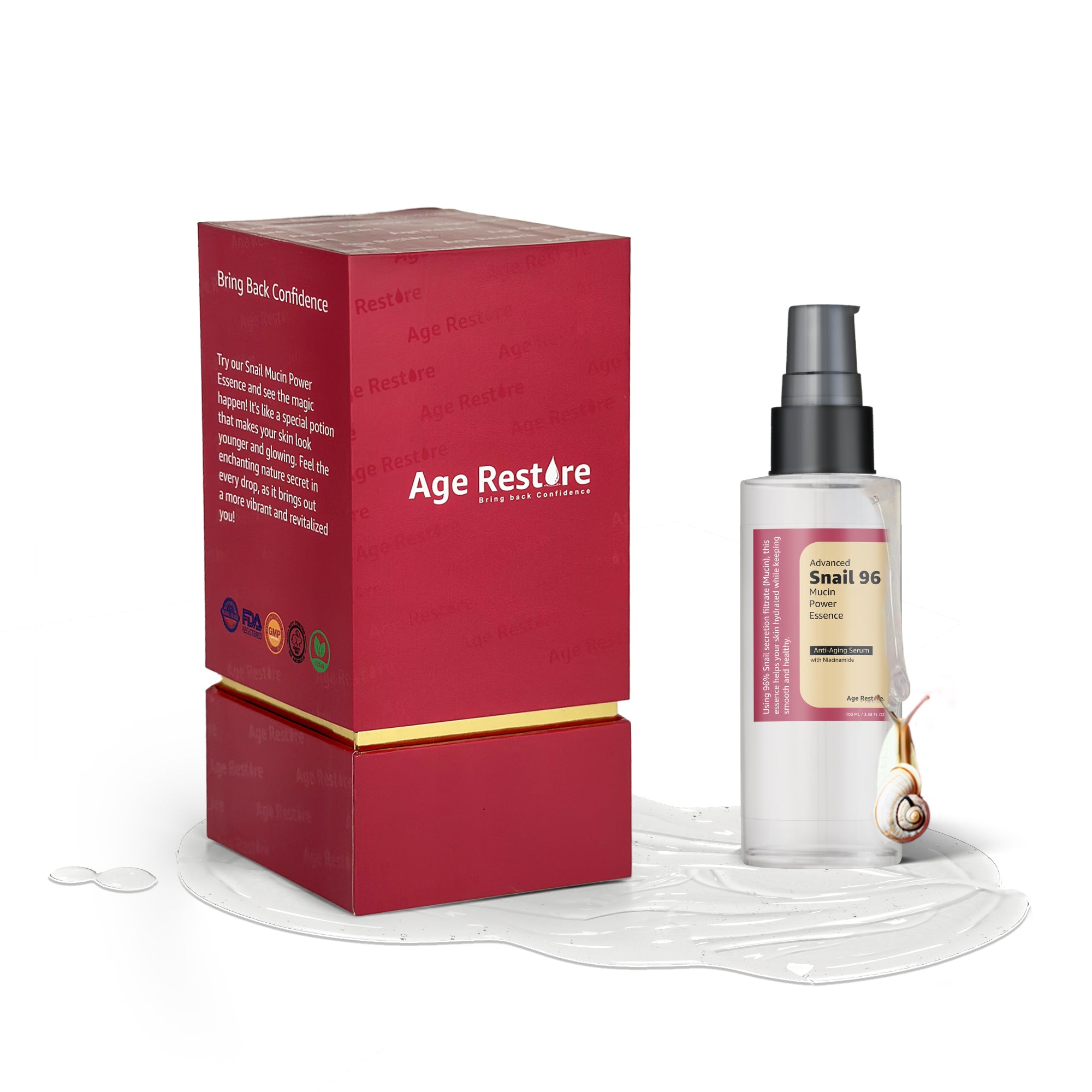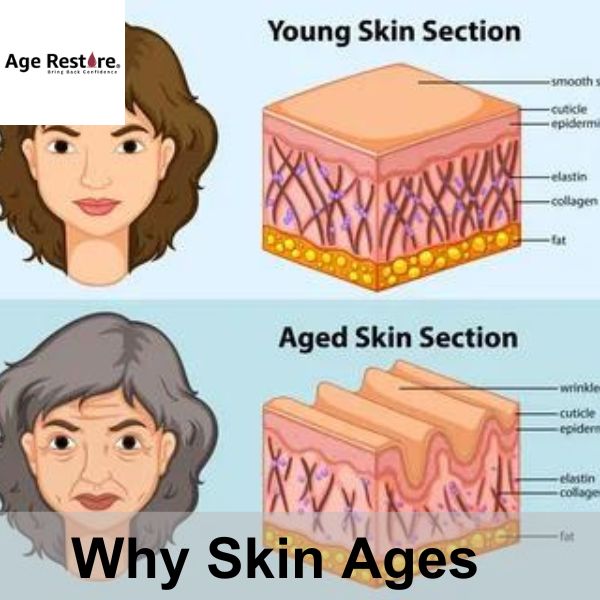
Why Skin Ages?
Are You Longing For the Skin You Had At Age 12? Unfortunately, No. But that's OK, since lines and wrinkles are a part of life and shouldn't come as a shock... Here's What Science Has Revealed About Why Skin Ages...
Aging is part and parcel of growing older, yet that doesn't stop us from being bothered by every new wrinkle, dark spot, saggy body part, or gray hair that arises as part of this natural process. Understanding their source is all part of accepting your body as is working with what nature has given us.
Let's get scientific for a moment - no worries; we won't go Sheldon Cooper levels of scientific discussion here - but a bit of knowledge about why your skin ages won't hurt anyone (if there is anything further you wish to know about either yourself or our products don't hesitate to get in touch!)
As you learn about skin aging, the key components are intrinsic and extrinsic aging factors which work together to determine its rate and extent - these two aspects work simultaneously to shape how quickly and visibly your skin ages over time.
What Is Intrinsic Aging?
Intrinsic aging, also referred to as chronological or natural aging, occurs over time and cannot be stopped no matter what you do to take care of your skin - it's simply nature taking its course.
What explains this trend?
A combination of factors are at play here, but the production of essential substances that support and plump up skin begins to diminish with age, such as collagen (which strengthens and plumps your skin); elastin (which makes skin springy and flexible); natural oils which keep it soft and supple; glycosaminoglycans (GAGs) for hydration purposes, as well as glycosaminoglycans (GAGs) for protection of moisture retention; GAGs/hyaluronic acid for hydration purposes; and ceramides (which help retain moisture retention). Studies show that after age 20 your body starts producing 1 percent less collagen every year, leaving skin thinner, dryer, more delicate as well as less likely to heal as quickly after damage occurs.
But that is only part of it. As we age, our bodies naturally produce less subdermal fat stores which manifests itself through loose skin around your jawline, sunken eyes, and/or less plump cheeks. Bone loss - which begins slowly occurring from age 40 onwards - also contributes to this causing puckered and wrinkled skin around mouth and chin areas to form puckered puckered areas around them.
At least intrinsic aging is out of your hands; its effects only play a minor role in what we see when looking in the mirror. That's where extrinsic aging comes into play - the real villain in this tale...
What Is Extrinsic Aging?
Extrinsic aging stands in stark contrast to its more natural counterpart, Mother Nature and Father Time; it can be controlled far more effectively.
Extrinsic Aging refers to the gradual process that results from environmental and lifestyle stressors. Sun exposure is often considered the main culprit, though there are plenty of other contributors such as pollution, emotional stress, alcohol consumption, smoking cessation, poor diet, and lack of sleep that also play a part.
Extrinsic aging causes what's known as "oxidative stress" to the skin - this process in which antioxidants (your natural defense mechanism) and free radicals (damage-causing molecules) become unbalanced, leading to free radicals attacking and breaking down proteins within the dermis, such as collagen and elastin, leading to premature skin aging such as fine lines, wrinkles, thin skin, lack of radiance, sun spots and sagging.
Lack of sleep and emotional stress both increase cortisol levels in your body, encouraging inflammation in your skin and further depleting collagen and elastin, destabilizing barrier function - the top protective layer that keeps essential moisture inside while keeping out harmful toxins - compromising which could result in dryness, dehydration, inflammation and itchy skin symptoms.
All this spells disaster for your skin's youthfulness.
So, Can You Protect Your Skin Against Intrinsic and Extrinsic Aging?
Unfortunately not. But extrinsic aging? Absolutely! Lifestyle-wise try sleeping more, drinking less alcohol, not smoking, eating better, staying out of the sun less frequently, limiting stress exposure, eating well-balanced meals, staying away from excessive sun exposure, and relieving any unnecessary tension to see your complexion transform over time - they are key elements to maintaining youthful-complexion especially if paired with an effective anti-aging skincare regime!
To do this, treat your skin gently (no daily scrubbing) and add an antioxidant serum such as one containing vitamin C to your routine to combat environmental damage. These serums will work wonders at neutralizing free radicals caused by sunlight exposure or air pollution - use one daily, applying it before moisturizing for best results.
Applying sunscreen with at least SPF 30 broad spectrum protection should also be an integral part of your routine and it must be applied all year long without exception.
And remember to moisturize! No matter how oily you believe your complexion to be. Moisturizing helps strengthen and maintain that protective barrier we discussed earlier - something that is crucial for both its health and aesthetic appearance.
At any age.
Checkout the Retinol Serum

